hotline:020-29026320 |13903018415
-
-
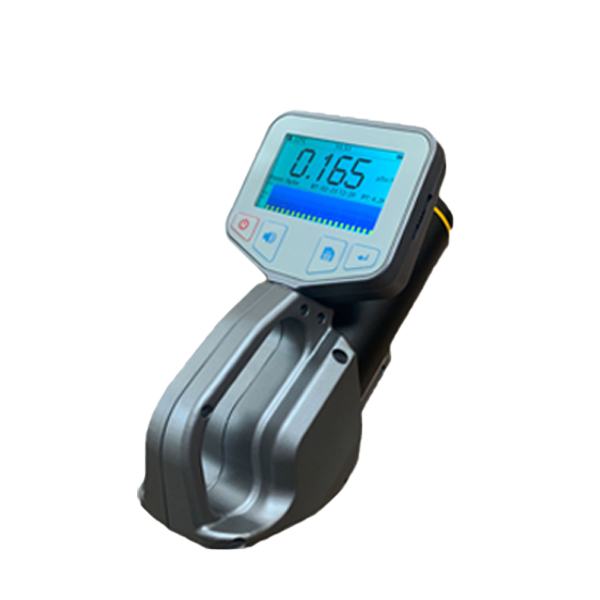
Radiation detection instrumentation
-
HYGP-2223 exposure type X, γ radiation measuring instrument
-
HYGP-2223BX, gamma dose rate meter (with tripod)
-
FI-329M intelligent household nuclear radiation detector
-
HY-2000M digital multi-channel gamma spectrometer
显示更多 -
-
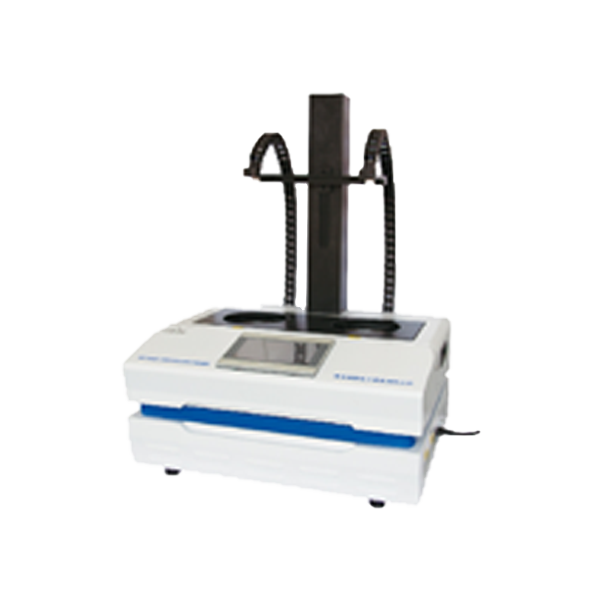
Laboratory Equipment
-
Radioactive distillation apparatus in water
-
2200Q portable turbidity meter
-
SPE Solid Phase Extraction Device
-
Portable spectrophotometer
显示更多 -
-
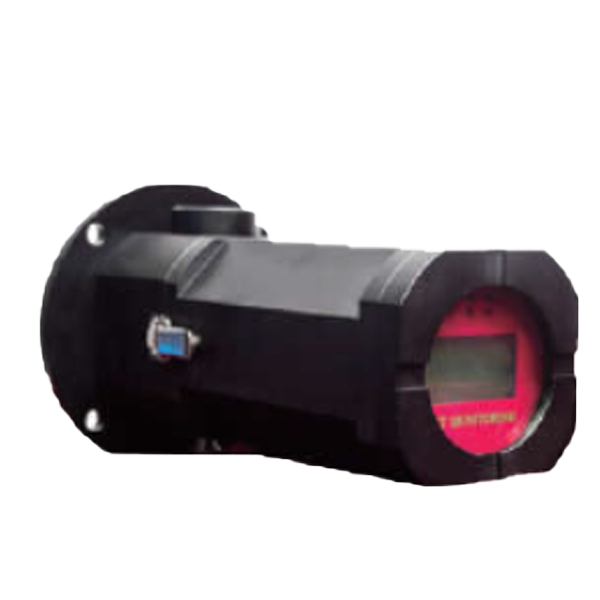
Portable environmental monitoring equipment
-
VOCs gas analyzer
-
Portable handheld VOC detector
-
Portable all-in-one multi-parameter analyzer
-
Dust detector
显示更多 -
-
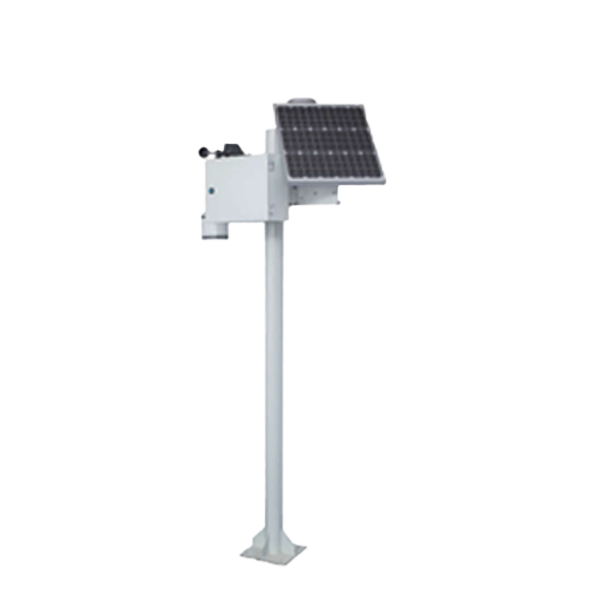
Environmental online monitoring system
-
CM-WG8200 grid air quality detection system
-
On-line monitoring system for CM-VOCs-5000 volatile organic compounds
显示更多 -
-
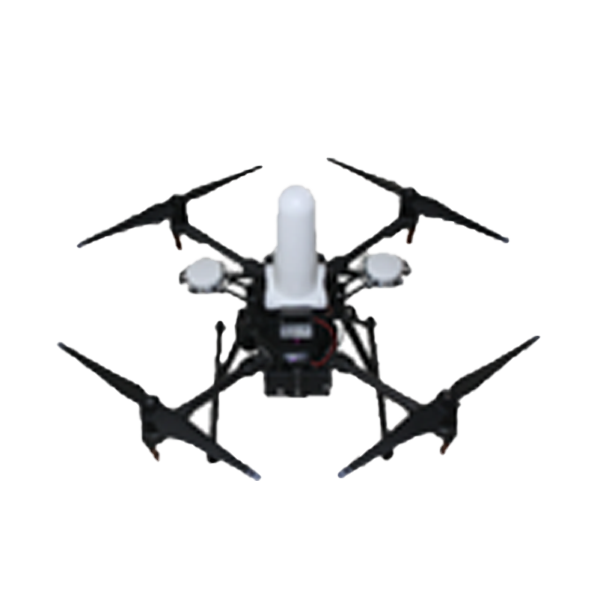
UAV Online Environmental Monitoring
-
OS-2 UAV Electromagnetic Environment Monitoring System
-
Nuclear emergency radioactive source search UAV
-
UAV Monitoring System
显示更多 -
-
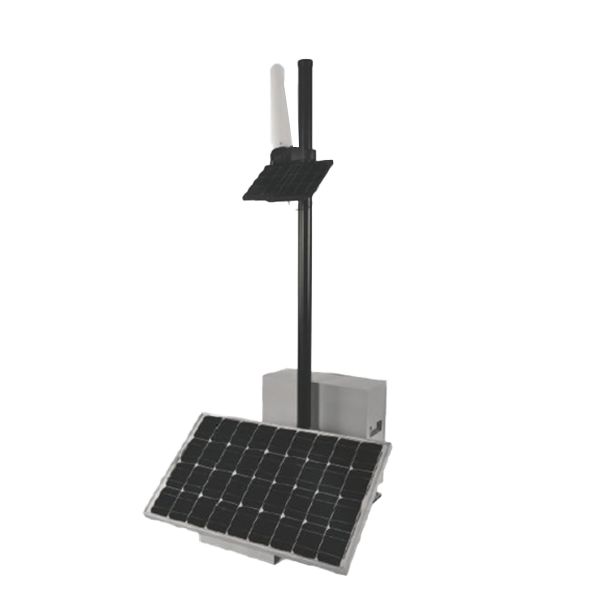
On-line Monitoring System of Electromagnetic Radiation
-
On-line Monitoring System of Electromagnetic Radiation
-
Automatic Monitoring System of HYEH460 Electromagnetic Radiation
-
HY-900A launch type radiation environment automatic monitoring station
-
OS-8 S Frequency Selective Electromagnetic Environment Online Monitoring System
显示更多 -
-
Navigating the World of Radiation Instruments: Industry Solutions Unveiled
2025-07-02

Understanding Radiation Instruments
Ever wondered how industries keep track of radiation levels? Well, let’s dive into the fascinating world of radiation instruments, or radiation instruments as they say in Mandarin. These nifty devices play a critical role in ensuring safety and compliance across various sectors, from healthcare to nuclear energy.
Why Are They Important?
In today’s fast-paced world, the importance of radiation instruments cannot be overstated. They are essential for measuring and monitoring radiation exposure, which is particularly crucial in environments where radioactive materials are present. Picture this: a hospital’s radiology department must ensure that patients and staff are exposed to the least amount of radiation possible. This is where these instruments come into play!
A Quick Look at Common Radiation Instruments
- Geiger-Müller Counters: These devices are the rockstars of radiation detection. They click and beep to indicate radiation levels, making them user-friendly and popular.
- Scintillation Detectors: Utilizing special crystals, these detectors convert radiation into light, which is then measured. They’re super sensitive and often used in research labs.
- Dosimeters: Think of these as personal radiation monitors. They’re essential for workers in high-risk areas, helping track their exposure over time.
Innovative Solutions in Industry
As industries evolve, so do the technologies behind radiation instruments. Let’s take a closer look at how they’re being utilized across sectors:
Healthcare
In healthcare, radiation instruments are indispensable. They ensure that medical treatments involving radiation, like X-rays and CT scans, are safe. Hospitals invest heavily in the latest technology, and rightly so! A slight miscalculation could pose a serious health risk.
Nuclear Energy
Nuclear plants are another arena where radiation instruments are vital. These facilities rely on precise monitoring to maintain safety standards. The consequences of neglecting radiation levels can be dire. By utilizing advanced radiation instruments, these plants can operate safely and efficiently.
Environmental Monitoring
Did you know that radiation instruments are also used to monitor environmental safety? That’s right! They help detect any radioactive contamination in the environment, ensuring public safety and ecological health.
The Future of Radiation Instruments
With the rapid advancements in technology, the future of radiation instruments looks bright. We’re talking about integration with AI and IoT, making them smarter and more efficient. Imagine devices that can not only measure radiation but also predict trends and provide real-time data analysis. That’s the future, folks!
Conclusion
In a nutshell, radiation instruments, or radiation instruments, are more than just gadgets; they’re essential tools that help safeguard our health and environment. As technology advances, so will their capabilities, ensuring that we remain protected in an ever-changing world. So, next time you hear about these instruments, remember their crucial role in making our lives safer!
As we look ahead, the role of radiation instruments is set to expand even further, driven by both regulatory demands and public awareness of radiation safety. The integration of machine learning algorithms and big data analytics into these instruments will revolutionize how we monitor and respond to radiation exposure. For instance, predictive analytics could help identify potential radiation leaks before they become critical, allowing for proactive measures to safeguard both personnel and the environment. Moreover, the development of portable radiation detectors will enhance field monitoring capabilities, making it easier for emergency responders to assess situations in real time during disasters or industrial accidents. Educational initiatives and training programs will also play a crucial role in ensuring that professionals across various sectors are equipped with the knowledge and skills to effectively use these advanced tools. As public interest in health and safety continues to grow, industries will be compelled to adopt the latest radiation monitoring technologies, fostering a culture of transparency and accountability. Ultimately, as we embrace these innovations, we will not only enhance our ability to protect human health and the environment but also foster a deeper understanding of radiation and its implications in our lives. The future of radiation instruments is not just about technology; it’s about creating a safer, more informed world for everyone.

COOKIES
Our website uses cookies and similar technologies to personalize the advertising shown to you and to help you get the best experience on our website. For more information, see our Privacy & Cookie Policy
COOKIES
Our website uses cookies and similar technologies to personalize the advertising shown to you and to help you get the best experience on our website. For more information, see our Privacy & Cookie Policy
These cookies are necessary for basic functions such as payment. Standard cookies cannot be turned off and do not store any of your information.
These cookies collect information, such as how many people are using our site or which pages are popular, to help us improve the customer experience. Turning these cookies off will mean we can't collect information to improve your experience.
These cookies enable the website to provide enhanced functionality and personalization. They may be set by us or by third-party providers whose services we have added to our pages. If you do not allow these cookies, some or all of these services may not function properly.
These cookies help us understand what you are interested in so that we can show you relevant advertising on other websites. Turning these cookies off will mean we are unable to show you any personalized advertising.
online message
Telephone:13903018415(Manager Wang)
Business: 020-29026320
E-mail:wangxueli@haiyoukj.com
Address: Room 703, Tian 'an Innovation Building, Panyu Energy Saving Science Park, 555 Panyu Avenue North, Donghuan Street, Panyu District, Guangzhou

Sweep code attention

